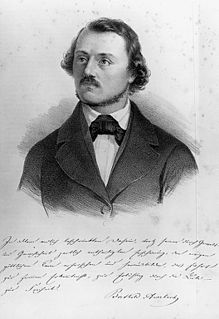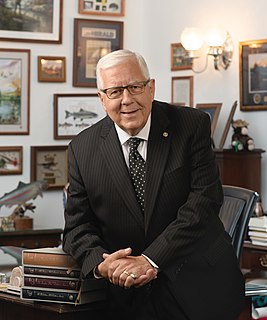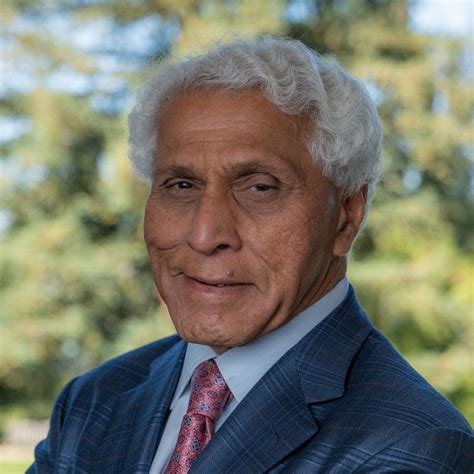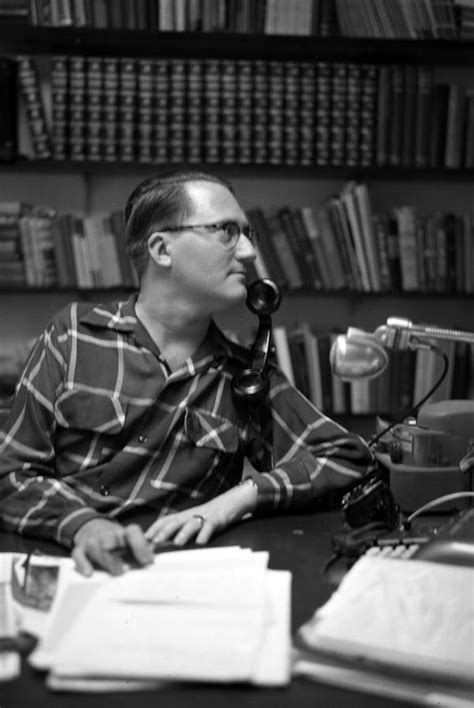A Quote by Berthold Auerbach
To acquire money requires valor, to keep money requires prudence, and to spend money well is an art.
Related Quotes
To walk in money through the night crowd, protected by money, lulled by money, dulled by money, the crowd itself a money, the breath money, no least single object anywhere that is not money. Money, money everywhere and still not enough! And then no money, or a little money, or less money, or more money but money always money. and if you have money, or you don't have money, it is the money that counts, and money makes money, but what makes money make money?
Is money money or isn't money money. Everybody who earns
it and spends it every day in order to live knows
that money is money, anybody who votes it to be
gathered in as taxes knows money is not money. That
is what makes everybody go crazy.... When you earn
money and spend money every day anybody can know the
difference between a million and three. But when you
vote money away there really is not any difference
between a million and three.
There's no reason why one need not look at the content of education just as one is expanding the availability of school, because it doesn't cost more money to get them [a] better education. It requires better textbooks, it requires a vision, it requires a determination, but it's not very expensive to do that anyway.
For me, money is to use - it's only to use. So I never have money because I always spend. That's why in a way I protect myself in having houses. But if I had just cash or kept it in the bank, I'd spend it immediately. But not for stupid things. So I don't like to have money. I never have money in my pocket.
The best way to encourage economic vitality and growth is to let people keep their own money.When you spend your own money, somebody's got to manufacture that which you're spending it on. You see, more money in the private sector circulating makes it more likely that our economy will grow. And, incredibly enough, some want to take away part of those tax cuts. They've been reading the wrong textbook. You don't raise somebody's taxes in the middle of a recession. You trust people with their own money. And, by the way, that money isn't the government's money; it's the people's money.
Money is part of how we move through the world, what stores and restaurants we go into, whether we take a train to the airport or a taxi. Describing characters living in the real world requires describing them engaging with money. There are also so many emotional aspects to money - feelings of inadequacy, feelings of security. I am not sure if there needs to be more about money in fiction, but the absence of this aspect can make a story feel somehow frictionless and unreal.



































